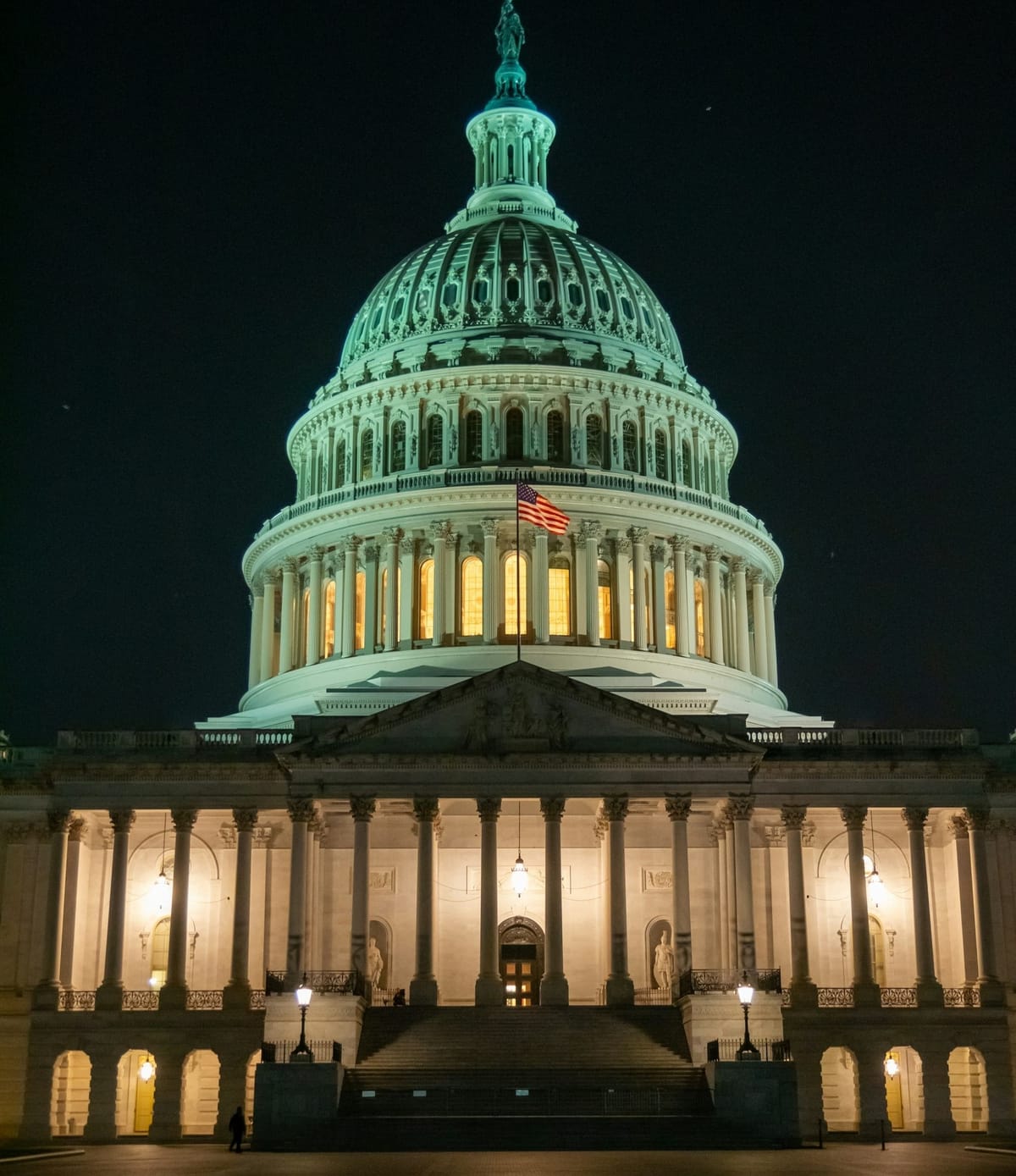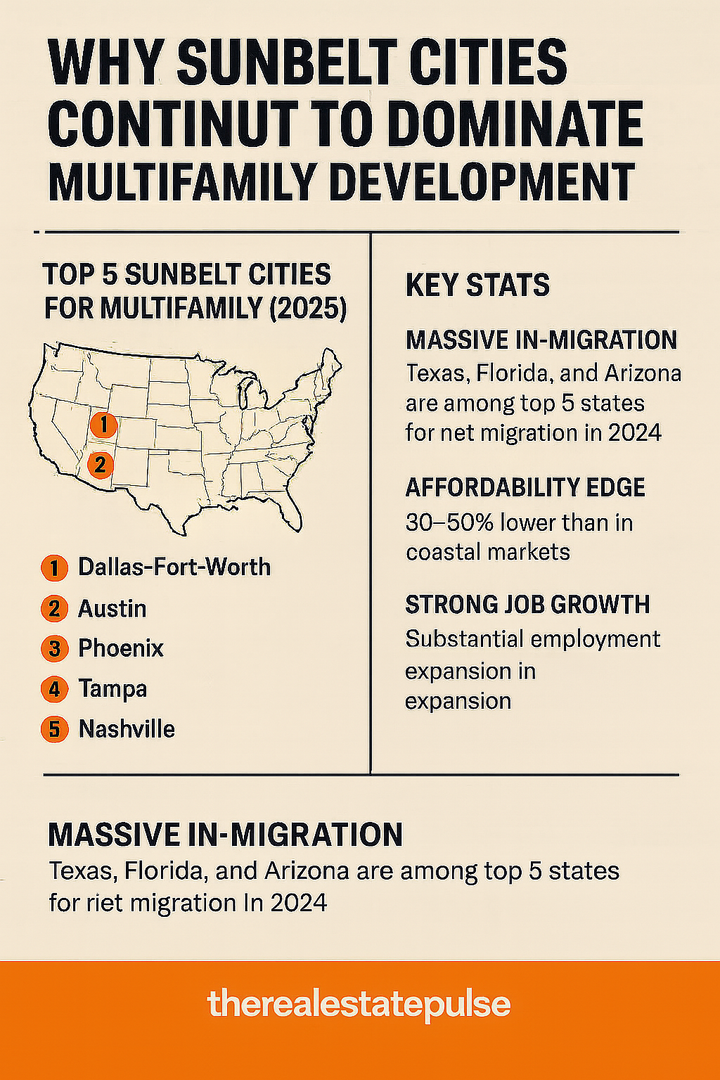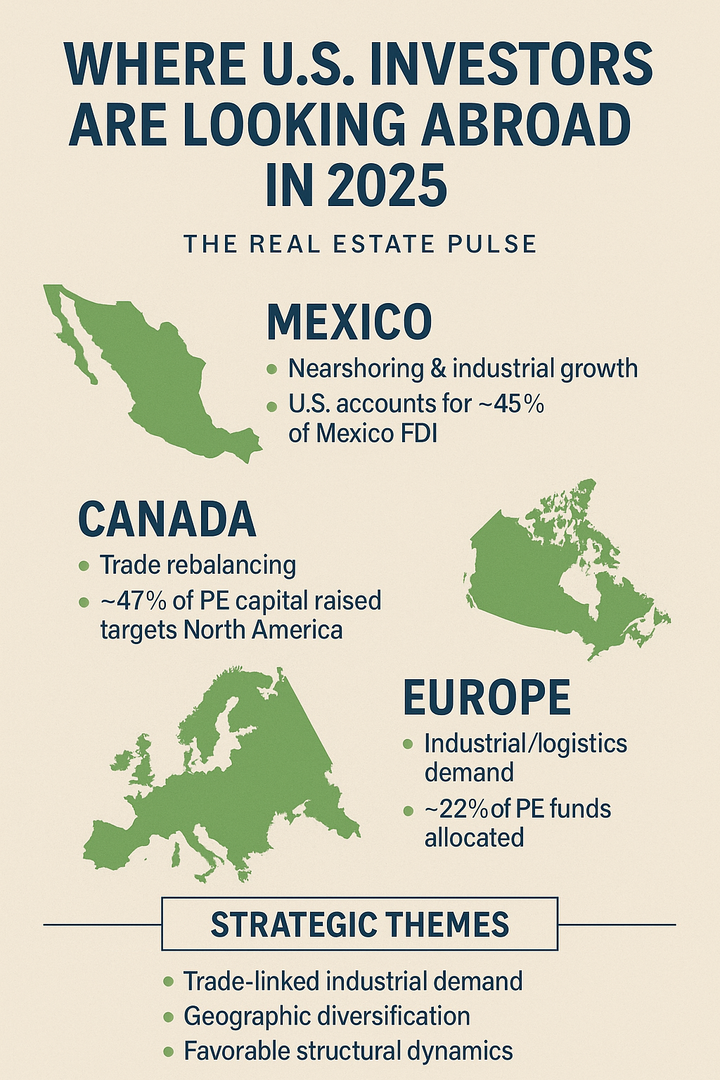How the “One Big Beautiful Bill Act” Could Reshape the Housing Market.

Published: July 3, 2025
Category: Policy / Affordable Housing
The One Big Beautiful Bill Act, recently passed by the House and now under review in the Senate, proposes wide-reaching tax reforms that could significantly impact the U.S. housing market. While the bill’s centerpiece is the permanent extension of the 2017 tax cuts, several provisions directly affect homeowners, developers, and investors.
Key Housing-Related Provisions
1. Higher SALT Deduction (Potential):
The House version would raise the cap on state and local tax (SALT) deductions from $10,000 to $40,000 for households earning under $500,000. This change could increase activity in high-tax states and stimulate the luxury housing market. However, the Senate version currently keeps the deduction capped at $10,000.
2. Affordable Housing Incentives:
The bill expands Opportunity Zones, Low-Income Housing Tax Credits (LIHTC), and New Markets Tax Credits. These programs aim to direct capital into underserved areas, potentially unlocking more affordable housing development.
3. Bonding Requirement Reforms:
By relaxing liquidity requirements for public housing projects, the bill could enable more mid-sized developers to participate in affordable housing construction, reducing barriers to entry in that sector.
4. Elimination of Energy-Efficiency Credits:
Both the House and Senate proposals eliminate existing tax credits for solar, wind, and energy-efficient home upgrades. This move could discourage sustainable construction and increase long-term homeowner utility costs.
5. Inflation and Affordability Concerns:
The Congressional Budget Office projects that the bill could add $2.4 trillion to the deficit over 10 years. Analysts warn that higher deficits may push up interest rates, potentially further weakening affordability in an already strained housing market.
Market Implications
While developers and higher-income buyers may benefit from tax and investment incentives, the elimination of energy credits and possible inflationary pressure could place additional strain on middle- and lower-income households. Industry voices are cautiously optimistic about new development opportunities but warn of long-term affordability risks.
“There’s good and bad. The short term will be great — but the long term might hurt affordability.”
— Jeff Lichtenstein, Echo Fine Properties


